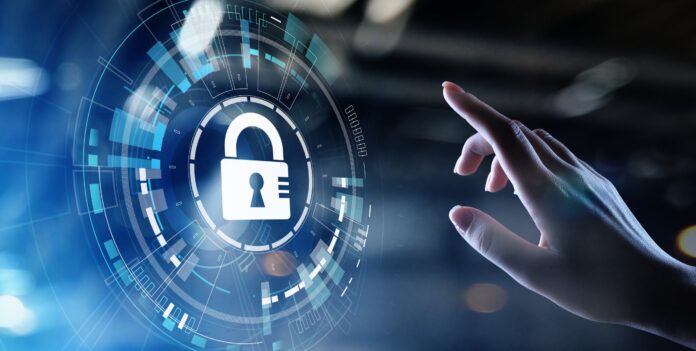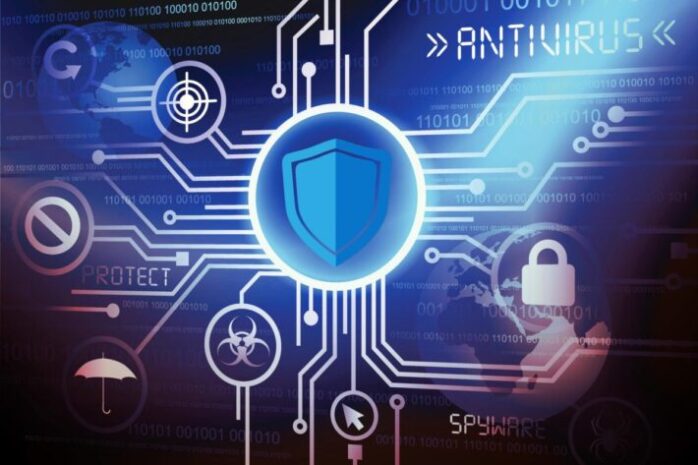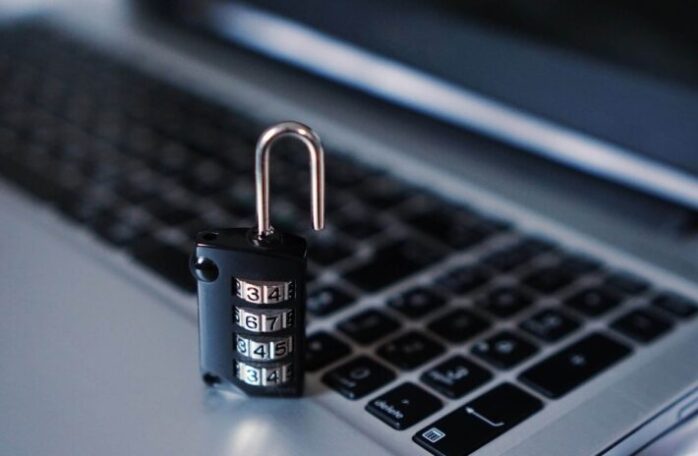
Today, cybersecurity has become a prime concern for different people. Fraudulent activities, personal data loss, and blackmail have increased over the past decade. As to protect yourself, you need strong countermeasures to evolve with the cyber threat landscape.
Because of new data breaches, cases of inadequate cybersecurity preparedness may emerge. The associated consequences are dire to users. The best way to protect yourself against hacks and malware is to adopt modern security methods.
However, there exist countless myths and misconceptions concerning cybersecurity. This has led to most people becoming reluctant to protect their devices. Some people think they will never fall victim to hackers.
The truth is, there are plenty of criminals yearning to scam you and get hold of your. Here are the common security myths you need to lay bare for best cybersecurity.
1. I only browse appropriate content; I’m safe

It is the most common myth among internet users today. Most users tend to think that browsing genuine websites is safer. Hence, they have nothing to worry about.
Let’s face it; cybercriminals have different ways to scam or access personal details. It is not only about visiting unsecured websites. Below are some tactics used by hackers to deliver malware or lead to data theft;
Email attacks: Phishing is one strategy used by hackers to send spoofed emails to users.
These criminals pretend to be legitimate organizations such as banks. As per Privacy
Savvy, a digital security information hub I have been fond of recently, Phishing emails persuade victims to click a link that triggers malware download.
Wi-Fi spying: Open Wi-Fi networks are another area where hackers can access user sensitive details. They can also create fake hotspots to entice unsuspecting people. Once you log in, they can view your traffic, steal personal data, or more.
Malvertising: This is where malicious actors create online adverts to lure victims. Though it may seem legit, clicking it takes you to another website. Here, you will install malware, which acts as a channel for hackers to access your computer.
Even when you browse appropriate content, you are using the internet. That alone gives hackers the chance to try and access your computer. It is essential to take precautions when browsing any website.
2. I only access the internet using my smartphone; I’m not at risk

Be it a smartphone, smart home system, laptop, or router, you are at risk of getting hacked. Malicious actors can hack any device with an operating system. Besides, several malicious apps exist in official app stores.
You may believe you are downloading a new game or photo editor to your phone but infecting your device with malware. Hackers use official app stores to create a replica of popular apps. You can install fake apps that later steals personal info such as passwords.
3. I have a strong antivirus, so I’m fine

Antivirus software programs protect against computer and smartphone viruses. Still, it is not enough to offer the security needed. Most antiviruses experience flaws, leading to vulnerabilities and channels for evolving threats.
Subtler manipulation is another tactic a hacker can use to get around installed antiviruses. Regardless of the software in your computer, you are never safe. Hackers will do whatever it takes to find flaws in your software and steal your information.
For instance, a hacker can create a website resembling an official store that sells sneakers. Once you continue to the payment page, you will provide your details. The hacker will then get hold of it and use it for fraud or steal personal funds.
You might have faced one or more of these scams, but thousands of them happen daily. The move is to remain cautious whenever you engage in online activities. Proceeding with caution while using an antivirus can help protect your devices.
4. It’s a work laptop, nothing important in it

Nearly 75 percent of corporate data breaches occur due to careless company insiders. Most people ignore that it is a work computer with limited sensitive information. If a company employee falls victim to a hacker, the entire company is at risk.
Hence, a single company device can compromise the company’s network altogether. There are several ways a work laptop can endanger company data. Some of them include;
Spreading malware: If hackers gain access to your work email, they can send infected links to other employees. This enables them to distribute malware to a larger group.
Sequentially, they can hack more devices and access more sensitive data.
Grand theft autofill: You are likely to have saved multiple passwords in your browser.
Hence, you can autofill different accounts fast – making it easy for you and the hacker.
Once your browser gets compromised, the hacker can log into any of your accounts.
Gone phishing: Even after the hack, your email can remain secure. The company may use an internal messaging service across different employees. Because you are logged in and connected, a criminal may use this to access other employees’ data.
If a company has millions of customer details such as names and phone numbers, hackers find this info valuable on the dark web. Once leaked, millions of them will be at risk. Using a VPN such as NordVPN and ExpressVPN come in handy in such situations.
5. I know how my computer behaves; I will notice if it has a breach

Some viruses can access your computer and remain inactive for several months. Other viruses will begin working immediately in the background. Advanced viruses are hard to notice until it’s too late despite your computer running normally.
In some cases, you might download a virus by accident and delete it once you realize it. Some of these viruses can use the few minutes in your computer to damage personal details. You can imagine how it will be if left for days, weeks, or even months.
6. I have nothing worth protecting on my computer

It is obvious you will never share your info with a stranger. Yet, we live in a modern world with nearly all digital services around us. Be it you have a bank account or personal passwords; a hacker can access them.
For instance, a ransomware attack has both direct and passive impact on a large population. A hacker may infect your computer with a specific malware that encrypts your hard drive. Unless you pay a ransom, you will never access your files. Again, you may pay and become never get your files back.
The 2017 ransomware virus, WannaCry, affected over 200,000 computers in 150 countries. The hacker demanded a ransom paid through Bitcoin. Today, WannaCry persists and continues to infect more computers.
7. I use complex passwords

Having a strong and complex password is essential to protect your files and personal accounts. However, choosing a secure one can become tricky. Hackers use sophisticated credential stuffing software to determine user passwords.
They cycle through dictionary words and numerical sequences to get your password match.
The software takes milliseconds to hack simple passwords like ‘123456’ and ‘iloveyou.’
Contrarily, it takes days to crack complex passwords.
This means even stronger passwords are not enough to secure your computer and personal accounts. The best approach is using two-factor authentication as a secure protection option. Type your password and authenticate using a separate app, token, or SMS.
Perpetrators are unlikely to bypass the 2FA even after getting your password.
Bottom line
Virtual Private Networks (VPNs) can protect your device against malicious activities in many ways. Either it is Wi-Fi spying or man-in-the-middle attacks, VPNs provide the security you need. Together with caution and secure software, you can protect your devices.
The above myths have misled most people who have later lost sensitive information. Secure your devices and get ahead of hackers.











